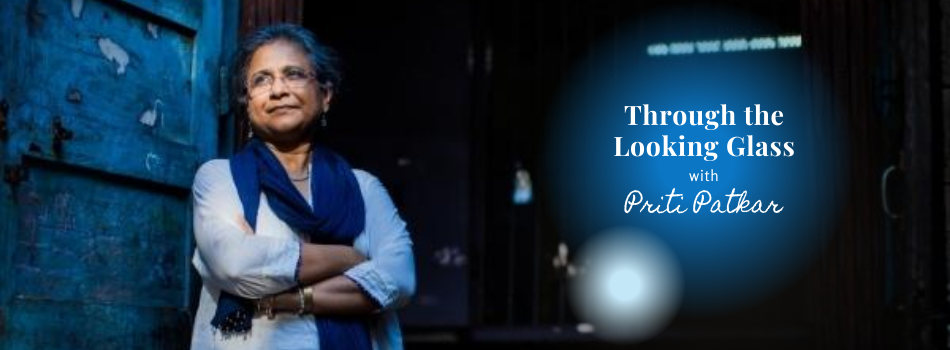
Attempts at Inclusion of the Marginalised
Priti Patkar
CO-FOUNDER AND EXECUTIVE SECRETARY
In this series, our co-founder Priti Patkar shares her thoughts, learnings, and challenges of working with child protection for over 33 years.
Last year, I met an enthusiastic resourceful young person, who tried to convince me how important it was to start a school exclusively for children of sex workers. I heard her out but it was a task for me to convince her of our perspective, that the approach of exclusion will only result in further isolating the community. This approach may result in further labeling these children. It will go against the goal of mainstreaming, and our collective effort has to be in the direction of mainstreaming these children. We believe that it is important to let the children decide what, how much, to whom, and when, they want to disclose about their lives, and their backgrounds.
Inclusion based on rights is very rare to see and experience, while for some it is opportunism veiled behind the charity. Someone recently approached me and offered to help rehabilitate the women in the sex trade, as there is a lot of talk on how the lockdown has affected them. This person shared that we could train these women as bedside assistants in the hospitals for COVID-19 patients and reserve all seats exclusively for them, adding that we should help them in identifying the ‘good’ and ‘hardworking’ ones. Even now, there are still many people who think sex trade and women in the sex trade are a necessary social evil to be kept in the backyard. They want to work with this group using a barge pole. Their suggestions are always to create separate and exclusive programs for them, and even today in 2020, I hear people say “let’s have separate child care institutions for children who are sexually assaulted, children rescued from the sex trade, and children born to prostituted mothers”.
Our field experiences tell us that the women don’t experience any inclusion, and so they often ask us questions like – “If I leave the sex trade where will I go? Who will let me live in peace? Will they accept me if they get to know I was in the sex trade?”. Even the children and youth who we work with, experience this during their interactions with their peers in schools and colleges. The stigma associated with the sex trade, with HIV, and being from areas like Kamathipura (Mumbai), GB Road (Delhi), Budhwarpeth (Pune) creates problems in day and age too. Very few people are prepared for inclusion. I feel they can’t handle inclusion and also, the culture of inclusion is still very new to many individuals, societies, and communities. We still see a mindset that believes that this group is a “bad influence” on others. Our culture also often perceives as anything related to sex as ‘bad’ or ‘immoral’ or ‘corrupting’.
Over the past three decades of our work with marginalized communities, we have seen many positive changes too. I think it’s important to acknowledge all those amazing individuals and organizations who in the true sense have embraced and practiced inclusivity while working with the victims, the survivors, and their families. They are small in number, far and few in between.
While trying to change the broader social misperception that revictimizes a social victim and a victim of crime there is also a need to simultaneously empower the children and the youth to fight discrimination. I find today’s youth can understand the severity, unfairness, and discrimination faced by these children and youth. The youth has joined the fight against unfair discrimination and experiences at each level and I believe they are the best partners to collectively fight the discrimination.
We need to actively work to evolve a mindset that believes in integration, and not segregation, isolation, and exclusion. We will have to take a very conscious effort to evolve it and create a culture of inclusion.
To be or not to be? Questions on motherhood searching answers
The blog post was first published on Dr. Pravin Patkar's Blog 'Expressions'. The post sheds light on the impact and Read more
In the current COVID and lockdown situation, one of the adversely affected communities is the migrant communities. Our Sanmaan project Read more



